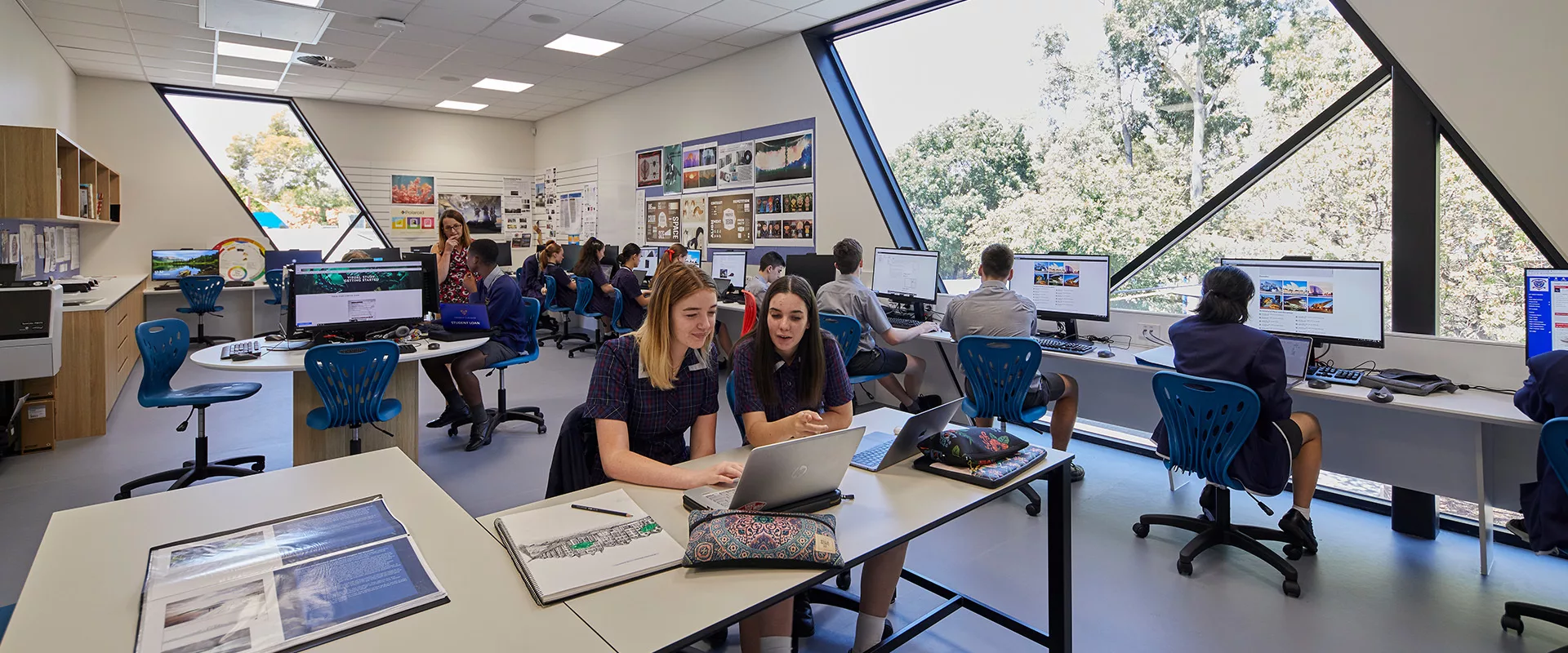Certificate in Future Oriented Learning

Using Learning Analytics to Develop Staff Collective Efficacy Through a Targeted Instructional Coaching Approach
When teams of educators believe they have the ability to make a difference, exciting things can happen in a school. (Donohoo et al., 2018).
The purpose of the proposed intervention is to use learning analytics to develop staff collective efficacy through a targeted instructional coaching approach. Specifically, ‘closing the gap’ between teachers and educational support staff within the context of Trinity College South School. This has been identified as part of an extensive school review to be a deficient area within our school’s culture and teaching practice. It is shown that staff’s collective efficacy beliefs support student achievement. Teaching teams with this belief feel that they are able to motivate and challenge their students, and get through to even the more (perceived) difficult students to increase their performance. (Moolenaar et al., 2012). Research from John Hattie identifies collective teacher efficacy at an effect size of 1.57, double that of feedback (0.70), and nearly three times larger than explicit teaching (0.57) (Hattie, 2015)
It is proposed that by initiating a targeted instructional coaching approach as a joint enterprise with teaching and educational support staff there will be the capacity to build collective staff efficacy. By promoting a culture of collaboration focused on "knowing thy collective impact," as a school leader, there is the potential to support school improvement in ways that positively influence teachers' collective efficacy beliefs (Donohoo et al., 2018). It is seen that those seeking to improve teacher performance that lead to enhanced student outcomes, incorporated coaching into their methodology. (Shidler, 2009).
Applying learning analytics through the College’s ‘Schools Attitudes Research Project’, will provide key data on staff attitudes and beliefs of collective efficacy towards student learning. This data collection will be collected over the course of the intervention, to track patterns and changes in staff attitudes and beliefs allowing comparisons and conclusions drawn from this data repository. This information will be shared with the participants of the intervention project, as well as key stakeholders of the College leadership and teaching and learning teams. It is proposed that the outcomes of this study will inform and guide the College’s use of learning analytics and provide more understanding of instructional coaching to optimize the learning and collective efficacy of staff and ultimately improved student outcomes.


